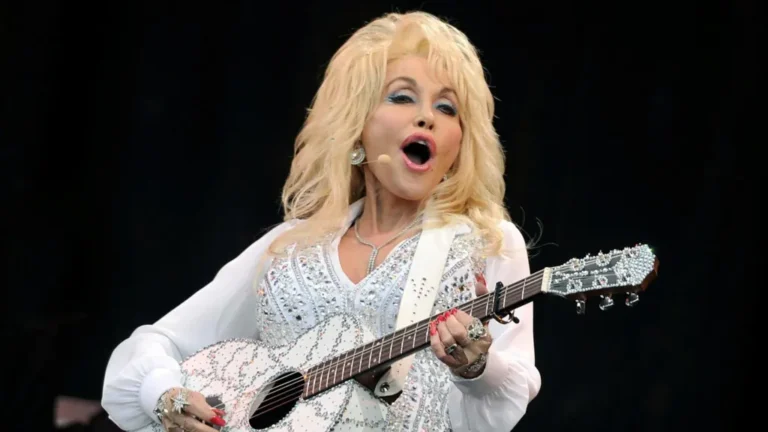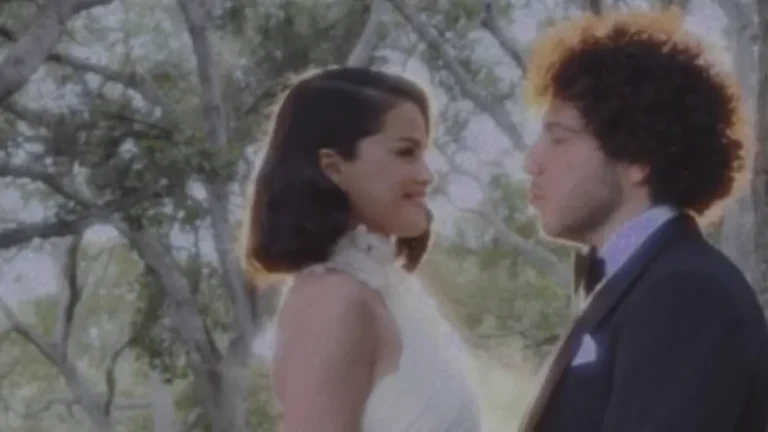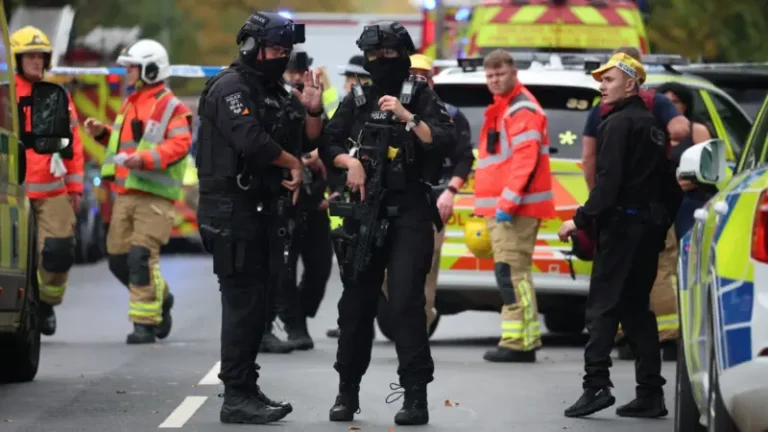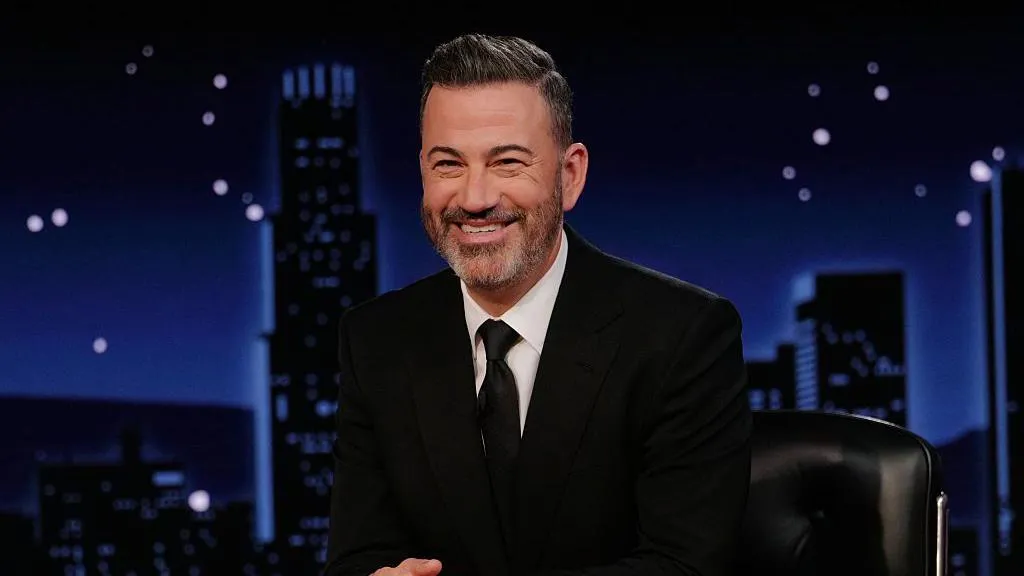
US comedian and talk show host Jimmy Kimmel is set to return to his late-night programme after being suspended for remarks about the death of conservative influencer Charlie Kirk. The suspension, imposed by Disney-owned ABC, provoked a fierce national debate about censorship, political influence in media, and the boundaries of free expression.
A Controversial Suspension
Kimmel, who has helmed Jimmy Kimmel Live! since 2003, faced abrupt suspension after a monologue in which he mocked political reactions to the murder of Charlie Kirk, a prominent right-wing figure. The jokes—delivered in his usual satirical style—were deemed “ill-timed and insensitive” by ABC executives, prompting the network to pause the programme indefinitely.
The move quickly spiraled into a flashpoint in America’s ongoing battle over free speech, especially given the involvement of the Federal Communications Commission (FCC). Brendan Carr, chair of the FCC and an ally of President Donald Trump, threatened action against ABC and Disney over Kimmel’s remarks, even suggesting the broadcaster’s licence could be revoked.
Political Firestorm
The controversy drew immediate political attention. President Trump welcomed Kimmel’s suspension, publicly suggesting that certain television networks should have their licences “taken away” if they aired critical coverage of his administration. Vice President JD Vance and other allies went further, pushing for a broader campaign to punish critics of Kirk in the wake of his death.
Democrats, free speech advocates, and Hollywood figures slammed the suspension as political intimidation. Anna Gomez, the sole Democrat on the FCC, described the episode as “clear government interference” and praised Disney for eventually reversing its decision.
Disney Under Pressure
Behind the scenes, Disney faced immense pressure. Major station owners such as Nexstar and Sinclair had announced they would not air Kimmel’s show following his comments, with Sinclair calling the jokes “deeply inappropriate.” Nexstar even said it would suspend the programme “for the foreseeable future,” aligning itself with federal regulators.
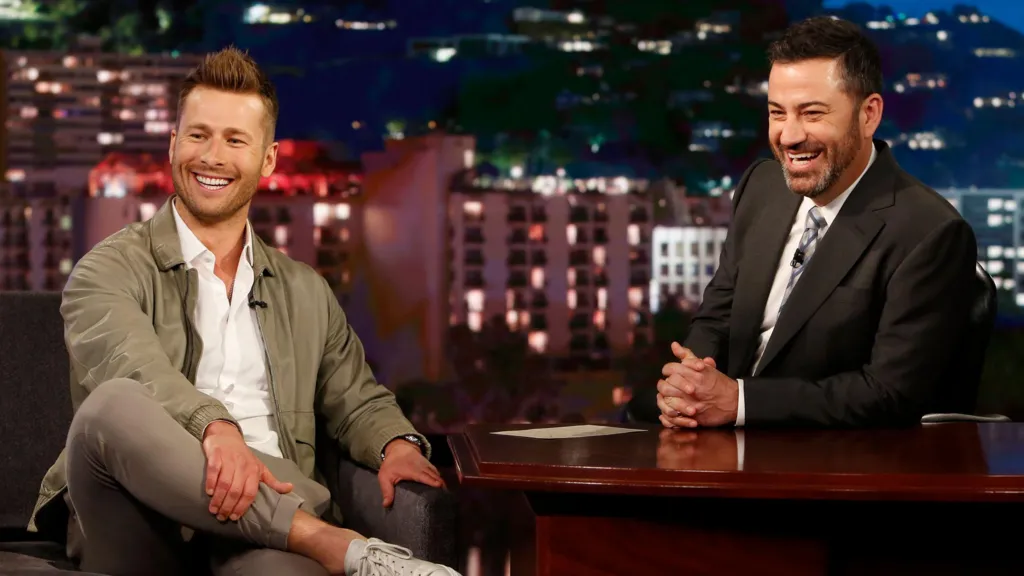
But the backlash was swift. Critics accused Disney of bowing to political pressure and betraying the principles of free speech. Protests erupted in California, while unions, rights groups, and celebrities united in defense of Kimmel.
High-profile stars including Ben Stiller, Jennifer Aniston, Meryl Streep, and Robert De Niro signed an open letter calling the suspension a “dark moment for freedom of speech in our nation.” Social media campaigns urged viewers to boycott Disney+, Hulu, and ABC.
Industry insiders say the outcry became too intense to ignore. According to media analyst Dylan Byers, there was “a lot of hand-wringing” at Disney about how to “right the ship,” but ultimately the widespread backlash from Hollywood and the public forced a course correction.
Kimmel’s Quiet Return
On Monday, Disney confirmed that Jimmy Kimmel Live! would return to the air on Tuesday, following “thoughtful conversations” with the host. While Kimmel has not yet publicly addressed his suspension, viewers are eager to hear whether he will reference the controversy in his comeback monologue.
Actor Glen Powell, star of Twisters and Hit Man, is slated as the first guest on the returning show.
Not all affiliates are on board, however. Sinclair announced it would replace Kimmel’s programme with news content until further discussions with ABC are concluded. Nexstar has not yet commented on whether it will resume airing the show.
Broader Free Speech Concerns
The suspension has raised alarm about the role of government in shaping media narratives. Critics argue that the FCC’s threats, coupled with broadcaster compliance, risk setting a dangerous precedent for censorship in entertainment.
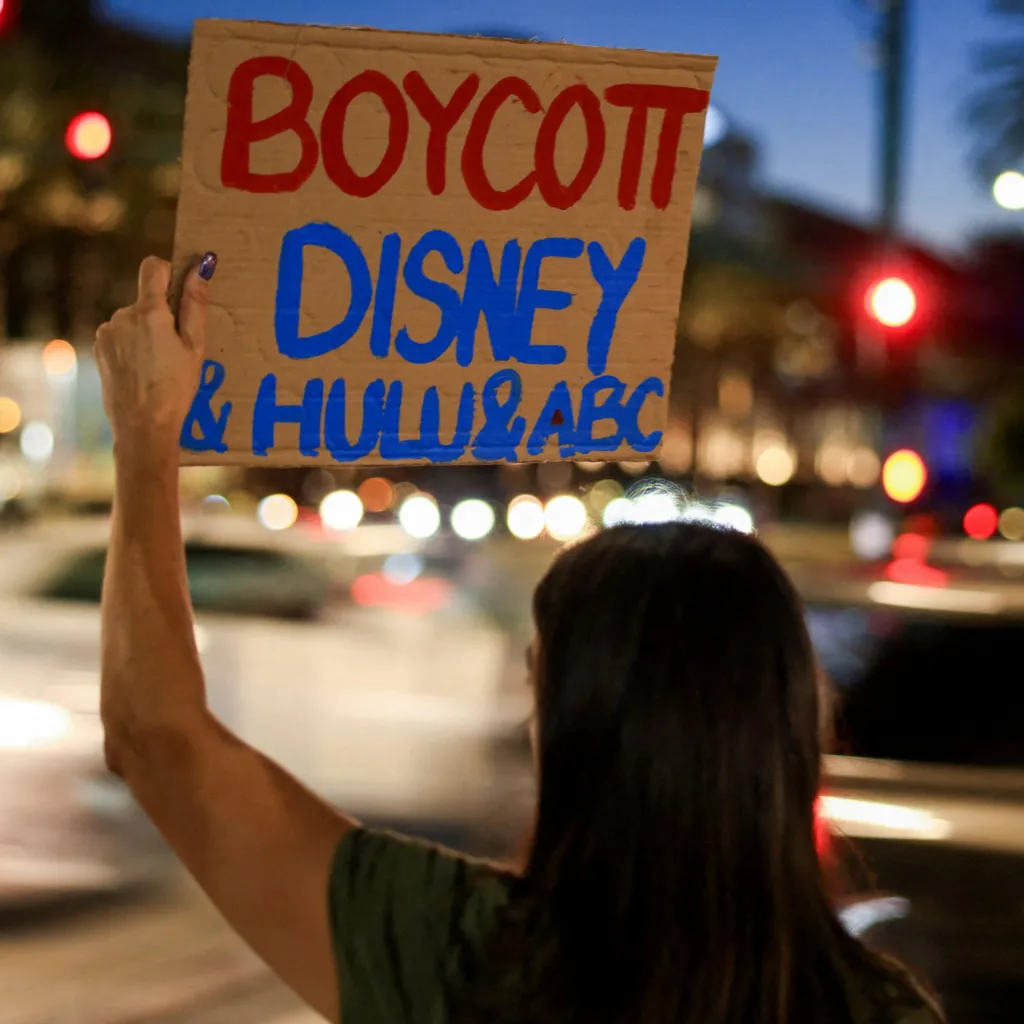
Supporters of Kimmel see his reinstatement as a victory for public pressure. Comedian Jon Stewart mocked Disney’s reversal, joking that viewers’ threats to cancel Hulu subscriptions—while secretly binge-watching Only Murders in the Building—helped turn the tide. Fellow hosts Stephen Colbert and Seth Meyers celebrated the news, with Meyers calling it “a massive national backlash to Trump’s crackdown on free speech.”
The American Civil Liberties Union (ACLU) echoed these sentiments, warning that suspensions under political pressure have a chilling effect on creative expression and could deter entertainers from addressing controversial issues.
What Comes Next?
As Kimmel prepares to return, much of the entertainment industry is watching closely. His first monologue back is expected to draw record attention, with speculation on whether he will confront the controversy head-on or let the storm pass quietly.
For Disney and ABC, the episode highlights the precarious balance between corporate interests, political pressures, and public opinion. For Kimmel, it underscores his role not only as a late-night entertainer but as a central figure in the ongoing cultural clash over speech, politics, and the media.
For many Americans, the saga has become about more than one comedian’s joke—it is a test case for how much space remains in the country’s media landscape for satire, criticism, and dissent.


